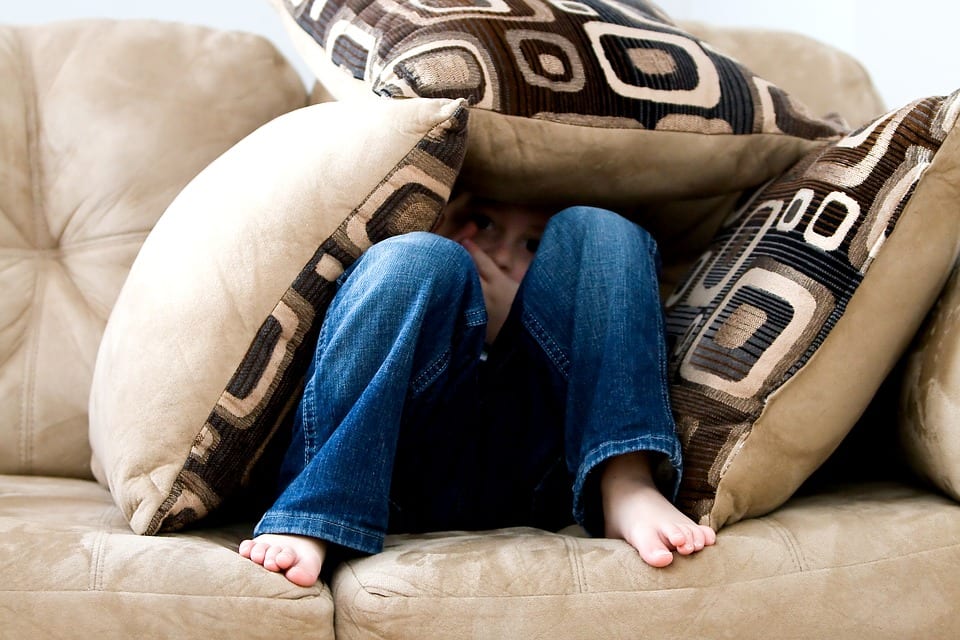The American Academy of Pediatrics has warned against corporal punishment for the past two decades, but this latest policy statement represents their strongest language yet.
“Aversive disciplinary strategies, including all forms of corporal punishment and yelling at or shaming children, are minimally effective in the short-term and not effective in the long-term. With new evidence, researchers link corporal punishment to an increased risk of negative behavioral, cognitive, psychosocial, and emotional outcomes for children.”

Photo Credit: Pixabay
For the record, physical punishment is defined as “any punishment in which physical force issued and intended to cause some degree of pain or discomfort, however light,” and encompasses smacking, slapping, and spanking with a hand or an implement, as well as “kicking, shaking, throwing, scratching, pinching, biting, pulling hair, or forcing children to stay in uncomfortable positions or forced ingestion.”
They also warn against non-physical punishment that “belittles, humiliates, denigrates, scapegoats, threatens, scares, or ridicules the child.”
Their statement comes after a growing body of research that shows the ineffectiveness of both kinds of punishment in the short and long term. Most recently, a 2016 meta-analysis of over 160,000 children found that childhood corporal punishment is associated with mental health problems and cognition issues, it increases aggression over time and makes kids more defiant, and it is also associated with increased suicide attempts, heavy drinking, and substance abuse in adults.

Photo Credit: Pixabay
It makes sense, really, that if we model violence as a way to solve problems or control others, kids will take that lesson and run with it – adults who were physically abused as children are also more likely to abuse future dating partners.
Overall, spanking was found to produce similar physical effects as other childhood traumas, including lowered IQ, high stress hormones, and adolescent behavioral problems.
Only 6% of practicing pediatricians endorse spanking and only 2.5% think it’s effective, a trend that we’re also seeing spill over into the views of a large percentage of parents.

Photo Credit: Pixabay
“The good news is, fewer parents support the use of spanking than they did in the past,” says Robert D Sege, M.D., PhD. “Yet corporal punishment remains legal in many states, despite evidence that it harms kids – not only physically and mentally, but in how they perform at school and how they interact with other children.”
“There’s no benefit to spanking,” Dr. Sege concludes. “We know that children grow and develop better with positive role modeling and by setting healthy limits. We can do better.”
The policy statement also gives recommendations to both doctors and parents about finding and implementing alternative discipline strategies like reasoning, emotional processing, positive reinforcement, removing privileges, and utilizing time-out.






